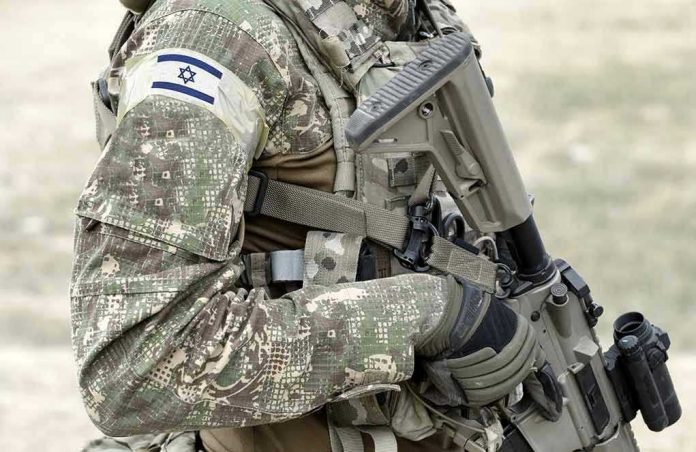
A fragile ceasefire collapsed into deadly violence when Israel’s retaliatory airstrikes killed Palestinian civilians after Hamas allegedly murdered two Israeli soldiers, exposing how quickly diplomatic progress can dissolve into bloodshed.
Story Highlights
- Israeli forces launched airstrikes in Gaza after militants killed two soldiers during a ceasefire in Rafah on October 19, 2025
- Hamas denied responsibility for the attack, claiming severed communication with units in the area for months
- Israeli retaliation killed at least four Palestinians, including two children and a woman in al-Mawasi tent camp
- Israel briefly suspended humanitarian aid deliveries but reopened border crossings the following day
- The incident tested the durability of the October 2025 ceasefire agreement amid ongoing tensions
When Ceasefires Crumble in Real Time
The October 19 incident in Rafah demonstrates the razor-thin margin between peace and war in Gaza. Israeli Defense Forces reported militants launched RPGs and sniper fire at their positions, killing two soldiers and shattering the relative calm that had persisted since the ceasefire took effect. Within hours, Israeli warplanes struck targets across Gaza, including a tent sheltering displaced families in al-Mawasi.
Hamas’s immediate denial adds a troubling layer to the escalation. The terrorist organization claimed it had lost contact with its Rafah units for months, suggesting either a breakdown in command structure or a calculated attempt to avoid responsibility. Either scenario undermines the accountability mechanisms essential for sustaining any peace agreement.
The Human Cost of Retaliatory Justice
Israeli airstrikes targeting what military officials described as Hamas infrastructure instead claimed civilian lives, including two children and a woman. The Gaza Health Ministry reports the death toll now exceeds 68,000 Palestinians since October 2023, with daily casualties mounting from ongoing violence and recovery operations in rubble-strewn neighborhoods.
The strike on al-Mawasi tent camp particularly highlights the impossible situation facing Gaza’s civilian population. These temporary shelters house families displaced multiple times during the conflict, packed into areas designated as humanitarian zones. When violence erupts, nowhere remains safe for non-combatants caught between militant operations and Israeli military responses.
Aid as a Weapon of War
Israel’s decision to halt humanitarian aid transfers through the Kerem Shalom crossing, even briefly, reveals how quickly essential services become casualties of renewed hostilities. The one-day suspension affected food, water, medicine, and other critical supplies reaching a population already facing catastrophic malnutrition and healthcare collapse.
The rapid reopening of aid channels suggests international pressure and recognition that collective punishment violates humanitarian principles. Yet the precedent remains troubling, demonstrating how easily Gaza’s 2.3 million residents can find themselves hostage to military escalations they cannot control.
The Fragility of Diplomatic Progress
This latest breakdown follows a familiar pattern that has plagued Gaza since Hamas seized control in 2007. Ceasefires collapse when isolated incidents escalate into broader military campaigns, civilian casualties mount, and mutual trust evaporates. The October 2025 agreement had shown promise, facilitating hostage releases and peace summits just days before violence resumed.
The incident exposes fundamental weaknesses in current peace frameworks. Without robust monitoring mechanisms, clear chains of command, and immediate de-escalation protocols, any single violent act can unravel months of diplomatic progress. Both Israeli security demands and Palestinian humanitarian needs remain unaddressed by temporary truces that fail to tackle root causes of the conflict.
Sources:
Timeline of the Gaza war – Wikipedia
Timeline of the Gaza war (3 October 2025 – present) – Wikipedia
Gaza crisis timeline – British Red Cross
Israeli-Palestinian Conflict Timeline – Council on Foreign Relations
Israel-Hamas Trump Peace Deal Gaza Strip Timeline – CBS News












